DOE: all-electric vehicles have the lowest estimated average annual fuel cost of all light-duty vehicles
Green Car Congress
NOVEMBER 26, 2019
The estimated annual fuel costs for model year (MY) 2019 all-electric light-duty vehicles are the lowest of all the different vehicle technologies, ranging from a low of $500 to a high of $900 per year, according to the US Department of Energy (DOE). All annual vehicle fuel costs are rounded to the nearest $50.

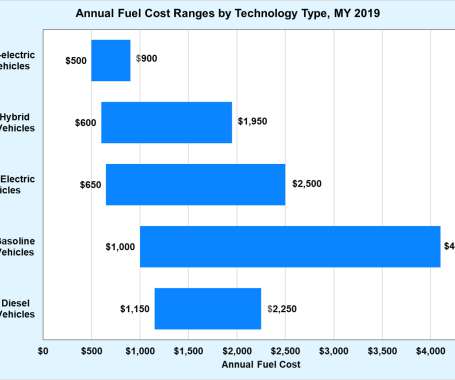















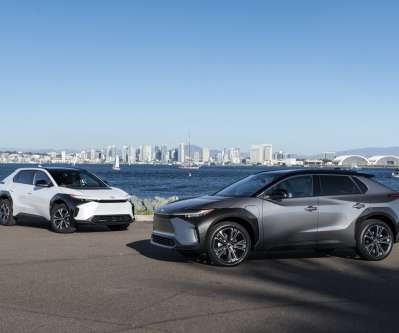


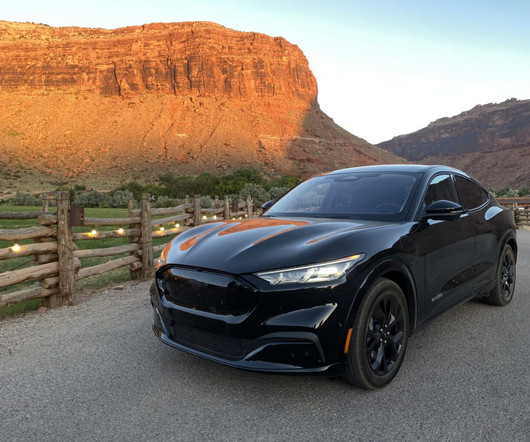
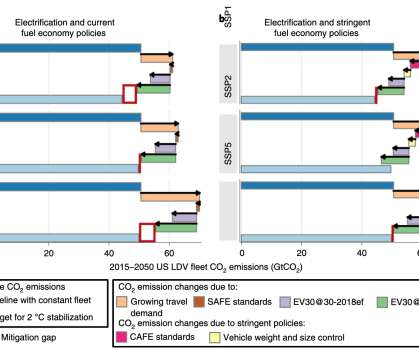

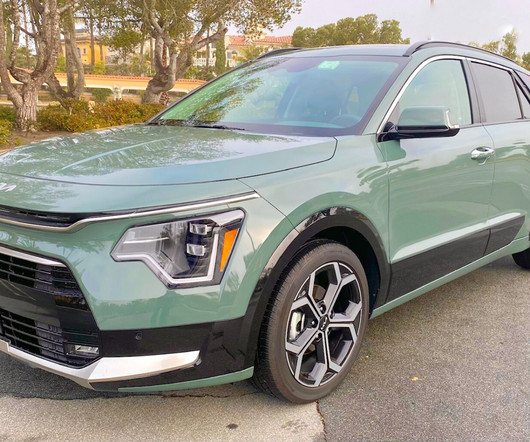

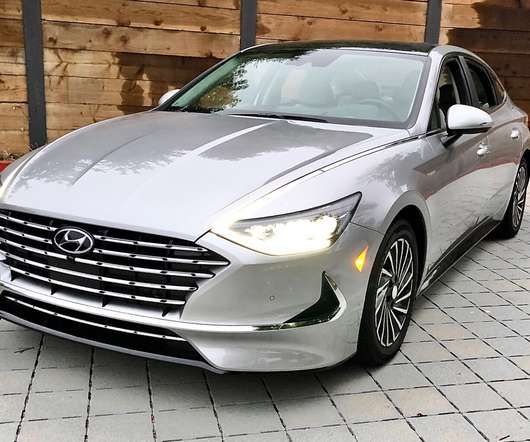






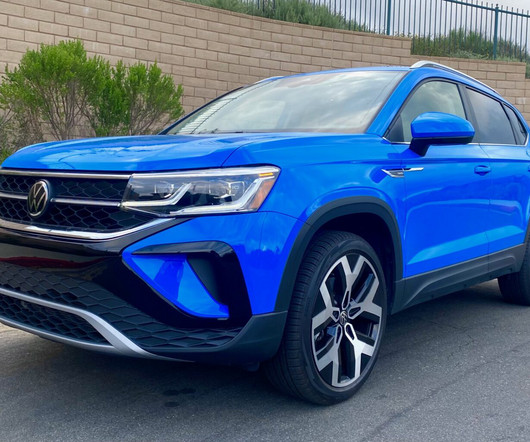

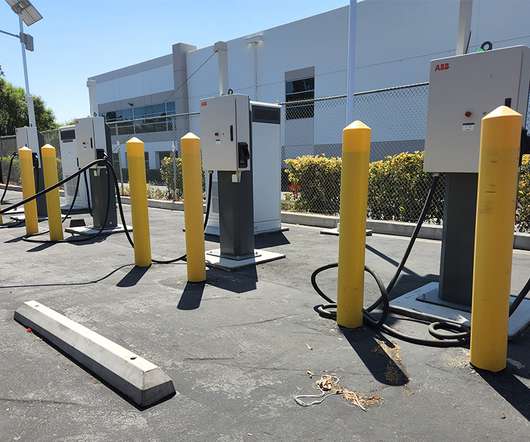
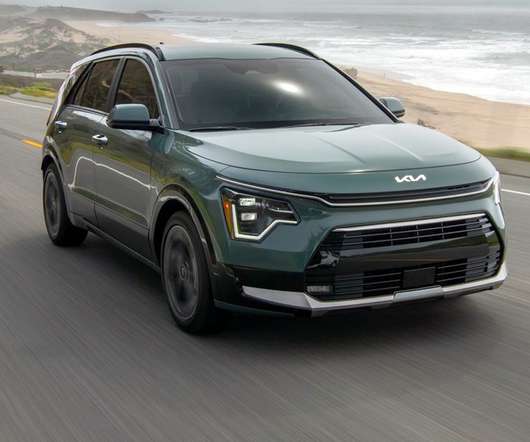








Let's personalize your content